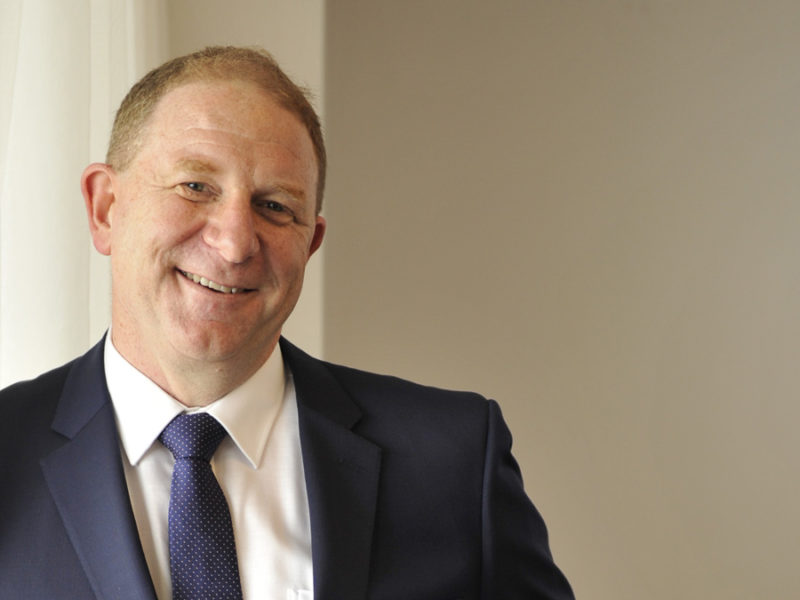


OTTAWA – Measuring the effects of money on wellbeing, a report released Friday comparing employee life-quality to that of the world’s top executives says that the average CEO is now 270 times happier than the average worker.
According to the Blithe Institute, a think-tank that tracks economic trends, the so-called “happiness gap” has increased by 930% since 1978, adding a solid foundation to the many anecdotal accounts that the world’s wealthiest people are also by far the world’s happiest.
“Now we know exactly how much happier the notoriously jovial world’s business elites,” said lead author of the report Samantha Gregory of the world’s CEOs, who spend much of their lives in opulent country clubs, going on long vacations with their gorgeous spouses to exciting and exotic locations, or merrily lounge about in their world-class mansions. “The average worker who is barely able to make ends meet is typically not very happy, whereas the luxurious existence the average executive can afford to purchase puts them several orders of magnitude happier than the vast majority of their own employees.”
“This proves our hypothesis that there is a direct correlation between money and happiness.”
The report surveyed a representative sample size of middle class workers, who tended to value small luxuries, or merely more time with their families, or the ability to relax after a hard day of work. The authors then compared their relative happiness to their executive sample, who tended to generate immense pleasure from valuing yachts, fine wine vintages, private jets, rare art and large structures with their names on them, all of which they could easily afford, therefore making them extraordinarily happy at all times, without exception.
The same study concluded that the bulk of the happiness gains seen over the last 20 years have gone to a handful of ecstatic billionaires, who currently experience the same amount of happiness than the combined bottom 3.5 billion people.


